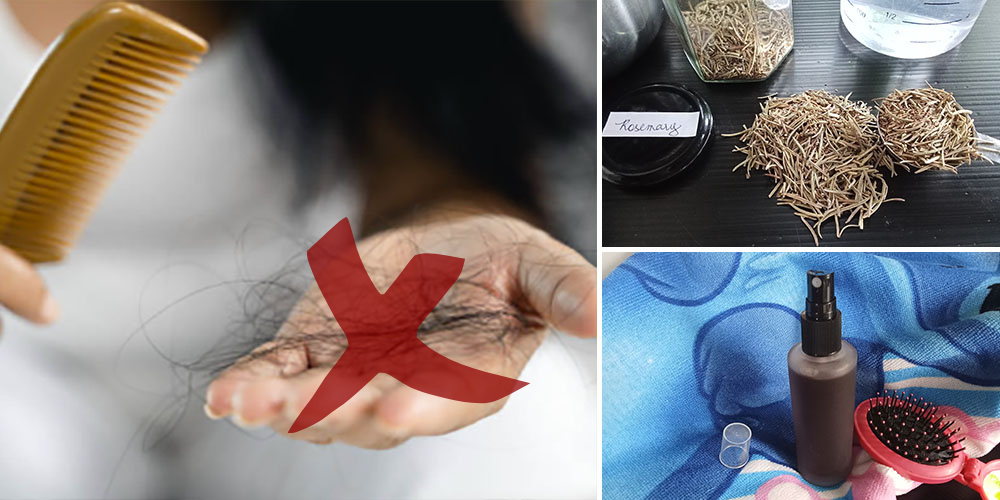
Nature’s Minoxidil
Thinning scalp is becoming a common sight, especially in older adults. Losing clumps of hair and noticing a receding hairline is downright dreadful. But, the good news is hair loss can be managed and delayed, if not completely prevented, with the help of Minoxidil.
Minoxidil is a topical OTC used for pattern hair loss in both men and women to slow down balding. It is used for stimulating hair growth and is most effective for hereditary baldness in people under 40.
Minoxidil is available in different forms such as foam, spray, or topical solution.
What Is Hair Loss?
Hair loss, or alopecia in medical terms, is a skin disease that may be temporary or permanent. Depending on the severity, hair loss may affect the scalp or the entire body and varies from person to person.
- Alopecia aerata is the type of hair loss that happens in patches, often on the scalp
- Alopecia totalis is losing nearly all hair in the scalp
- Alopecia universalis is rare and refers to total baldness in all parts of the body
- Alopecia postpartum happens in women after childbirth
- Alopecia barbae affects men’s beard
Hair loss happens for different reasons, commonly genetics. It may also arise from:
 Stress and depression
Stress and depression- Hormonal factors
- Thyroid problems
- Autoimmune problems
- Nutritional deficiency
- Bacterial or fungal infection
- Other underlying health problems
- Medicines
- Alkaline shampoos
Minoxidil for Hair Loss
Minoxidil such as the brand Rogaine is a highly effective hair growth product proven to result in thicker and denser hair.
When applied to the scalp, a scalp enzyme converts Minoxidil into Minoxidil sulfate, a type of salt. It shortens the telogen, the resting phase of the hair, and forces it into the growing stage to increase the length and thickness of the hair quickly.
Minoxidil does not cure baldness, it only encourages new hair growth while using it. Typically, people will see results after at least 8 weeks of regular use. But, hair loss can relapse within a few months after stopping it.
While the product is safe for long-term use, Minoxidil does cause some side effects like itching, scaling, flaking or irritation. It may also interact with high blood pressure medications and drugs that interact with alcohol. Minoxidil may likewise be unsafe in pregnant and breastfeeding women.
⇒ This Is How Nicole Apelian Makes Her Own Hair Loss Shampoo (Video)
Nature’s Minoxidil
Natural minoxidil exists as a gentle and safer alternative to minoxidil. These less harsh active ingredients in commercial minoxidil alternatives are available anywhere. It includes herbs and spices with powerful hair growth abilities.
Rosemary
Rosemary (Rosmarinus officinalis) water extract and rosemary oil are most effective in promoting hair growth and healthier locks. In a clinical trial conducted on mice, rosemary was found to improve hair growth in hair loss induced by testosterone treatment.
Rosemary also contains ursolic and rosmarinic acid that prevents microbial activity in the scalp by creating an unfavorable condition for them to thrive.
Stinging Nettle
Stinging nettle (Urtica dioica) is one of the oldest remedies for promoting hair growth and treating scalp-related problems. Nettle contains sulfur and silica which works deep into strengthening the hair shaft.
Regular use of nettle as a shampoo or hair spray can help prevent dandruff and hair loss. Since I already like the shampoo I use, I decided to add an organic Stinging Nettle Tincture to it. It mixed well with the shampoo and boosted its hair growth effects. Additionally, I feel like my existing hair is stronger than before! The organic tincture didn’t harm my hair, even when it was weak.
Saw Palmetto
Saw palmetto (Serenoa repens) is becoming a widely popular herbal remedy for hair loss, although scientific research on its effectiveness remains limited. It is used as a liquid extract, tincture, and capsule formulation.
An open-label study was conducted in 2012 to determine the effectiveness of saw palmetto vs finasteride dry extracts in treating male androgenetic alopecia (AGA). Finasteride may have proven more effective but saw palmetto also shows positive results in treating low to moderate AGA. It can stabilize hair loss without side effects for use in patients in whom finasteride cannot be used.
Pumpkin Seed Oil
Pumpkin seed oil is also one of the potential alternatives to minoxidil in treating androgenetic alopecia. It can block the production of DHT (Dihydrotestosterone), a hormone responsible for hair loss. Pumpkin seed oil also possesses excellent anti-inflammatory properties to decrease oxidation and prevent falling hair.
Aloe Vera
Aloe Vera (Aloe barbadensis) is an effective herbal remedy for skin and scalp problems. It contains vitamins A, C, and E and the compound aloenin, which helps in cell growth and promotes healthy and strong hair strands.
Indian Gooseberry
Amla, or Indian gooseberry (Emblica officinalis), and its oil extract is a powerful 5-alpha reductase inhibitor. The 5-alpha reductase is a condition where people lack hair growth due to overproduction of DHT. Indian gooseberry contains tannins and flavonoids that can block DHT and prevent hair loss and damage.
Amla juice is often mixed with coconut or sesame oil and applied to the scalp and hair roots to encourage hair growth.
Korean Ginseng
Korean ginseng (Panax ginseng) is an all-healing herb that can bring tremendous benefits to scalp and hair health. It can inhibit 5-alpha reductase to stop DHT production and prevent AGA. It may also promote follicle stem cell stimulation to promote follicular growth.
Neem Leaves
A decoction of neem (Azadirachta indica) leaves may help solve scalp problems like head lice, dandruff and hair loss. Neem oil can also be used to neutralize free radicals that contribute to hair loss. It can help in skin cell regeneration to promote hair growth and help seal the hair follicles for healthier hair.
Coconut
Coconut milk and coconut oil are time-honored natural hair care products. It is mainly valued for its ability to give the hair its shine and volume and prevent falling and graying hair.
If you have frizzy hair and dandruff, a hair soak with coconut milk will solve the problem. A gentle scalp massage with coconut oil deeply penetrates the scalp to slow down hair loss.
Horsetail
Common horsetail (Equisetum arvense) is a silica-rich grass that may play an important role in boosting hair health. Silica helps maintain collagen production, which prevents hair loss, hair breakage, and other related problems.
It is often consumed as a food supplement, which may help strengthen the hair strands from the inside out. This also works really well in a hair rinse with rosemary.
I learned all this information from a health guide that has an entire Hair Loss Protocol. To get the results faster there are some more easy steps to follow. In fact, on page 278 there’s a Homemade Natural Shampoo Recipe and a Nourishing Rosemary Hair Mask Recipe among other recipes to help you regain confidence through rich, healthy hair. Check out the guide HERE!
Nature’s Minoxidil Recipe
Hair loss may be a social dilemma affecting many people’s self-esteem. Unfortunately, it may be an inevitable condition for many of us to live by.
Whether you are showing signs or not, taking care of your scalp plays a significant role in preventing the worst from happening.
Here is an easy-to-concoct recipe you can prepare at home using only one ingredient: rosemary. Rosemary is readily available in many grocery and health stores so you don’t have to stress yourself finding a potent herb.
Rosemary is an all-natural solution with little to no side effects but it works well like minoxidil does.
 Ingredients
Ingredients
- 2-3 tbsp dried rosemary leaves (or a handful of fresh leaves)
- 2 cups water
- Stinging Nettle Tincture (80 drops for 2 cups)
- a clean spray bottle (if you have another product bottle, just clean the bottle and tube thoroughly)
Steps
- Boil water in a saucepan and add the rosemary leaves.

- Lower the heat and simmer for about 15 to 20 minutes to infuse its essential oils very well.

- Remove from heat, strain, allow it to cool and then you can add the tincture drops

- Transfer the rosemary water to a clean bottle (or a spray bottle) for easy dispensing.

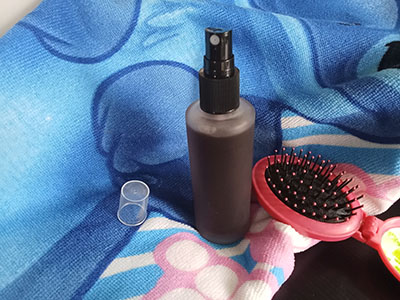 To use: Shampoo and condition your hair as usual. We recommend using high-pH shampoo to maintain the natural acidity of the scalp. Use the rosemary water as a hair rinse by pouring and massaging it directly into the scalp.
To use: Shampoo and condition your hair as usual. We recommend using high-pH shampoo to maintain the natural acidity of the scalp. Use the rosemary water as a hair rinse by pouring and massaging it directly into the scalp.
Do this at least 2 to 3 times a week. You may also apply rosemary water as a hair spray, as needed, to keep your locks hydrated.
Since rosemary water is a natural, water-based product without preservatives, it has a relatively short shelf life. To maximize its effectiveness and prevent bacterial growth, it’s essential to store it properly. Use a clean container and place it in the refrigerator. It can last for up to one week. If you consider freezing rosemary water in ice cube trays and then transferring the cubes to a sealed bag or container, they can last up to 2-3 months.

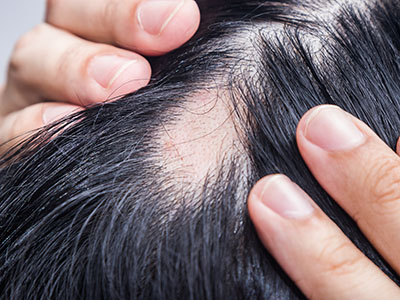 Stress and depression
Stress and depression Ingredients
Ingredients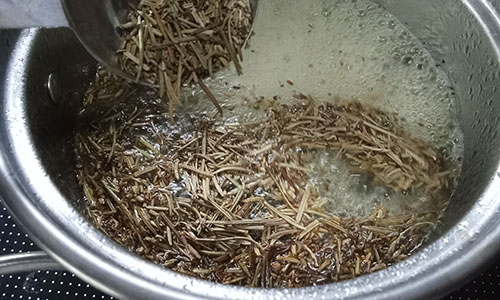
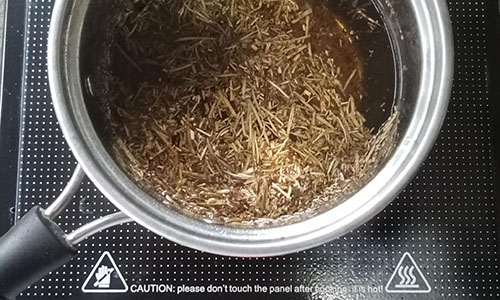
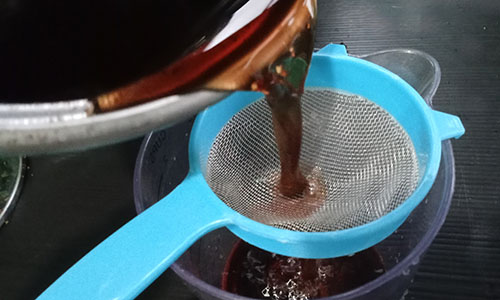
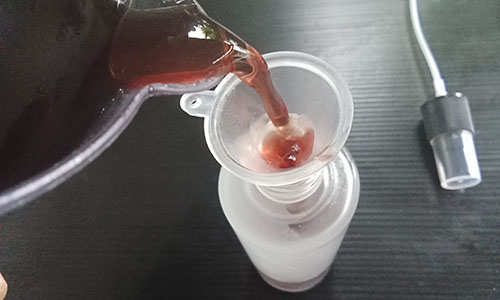
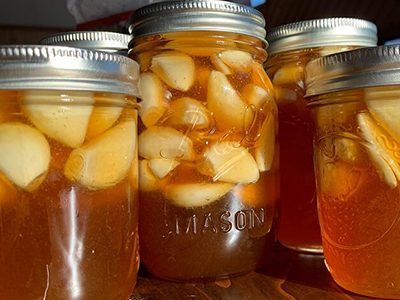
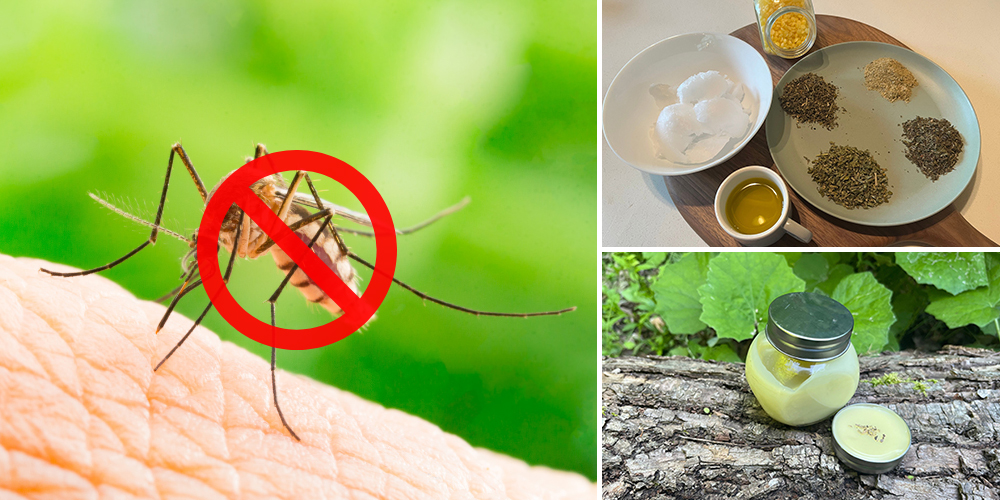
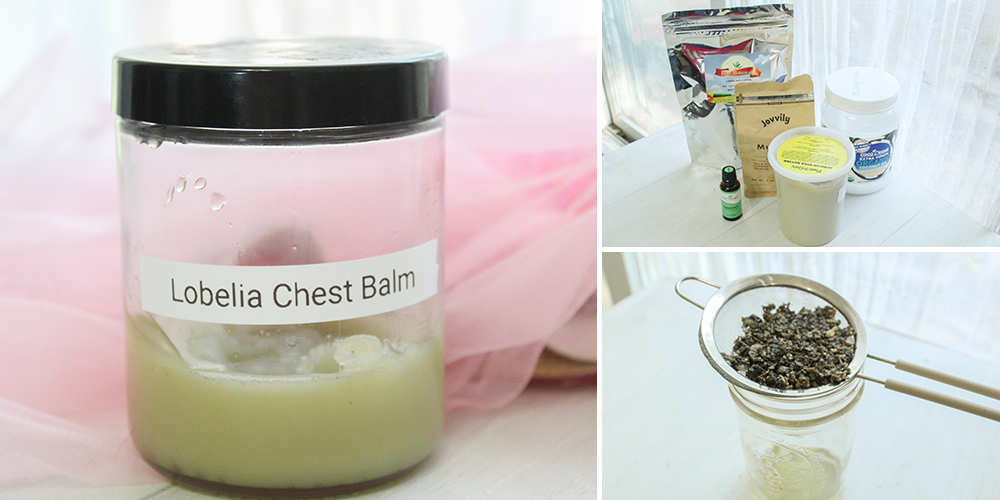
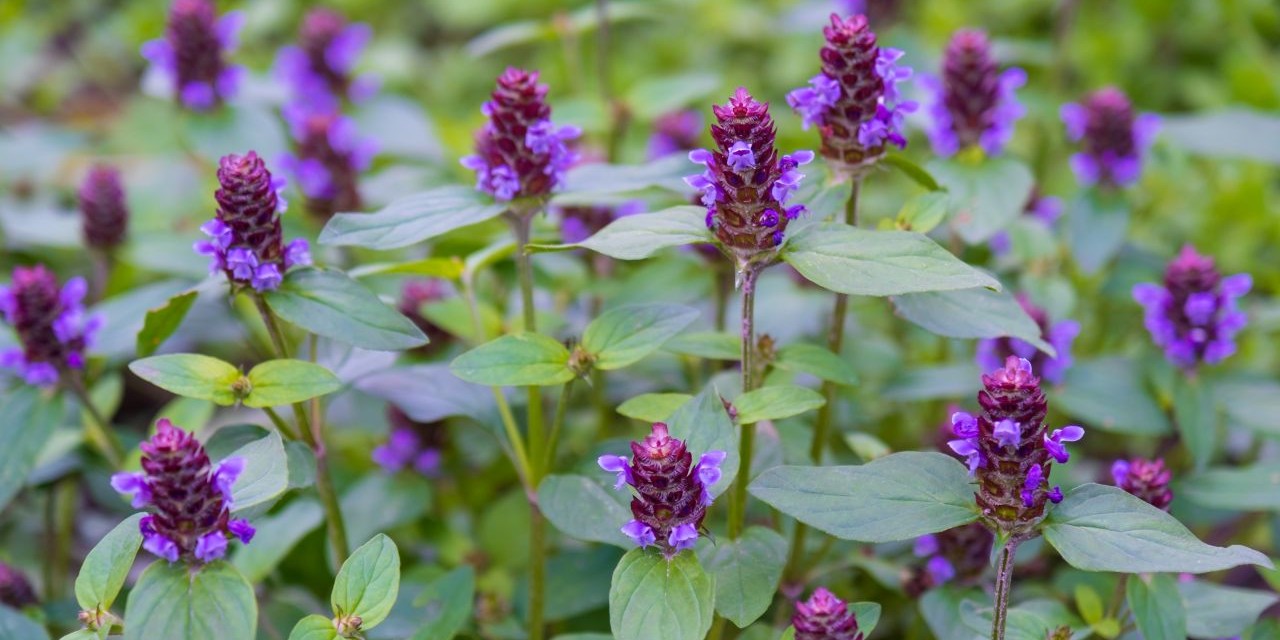
High pH is basic!!!
I love using Rosemary as a hair rinse. Do you have any recipes for hair shampoos?
The finished product looks so dark! Does it stain light, or high-lighted blonde hair?